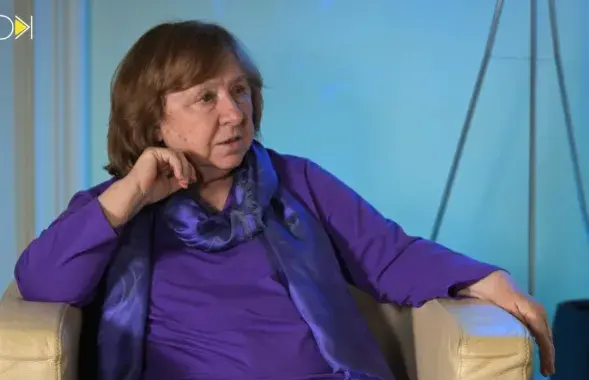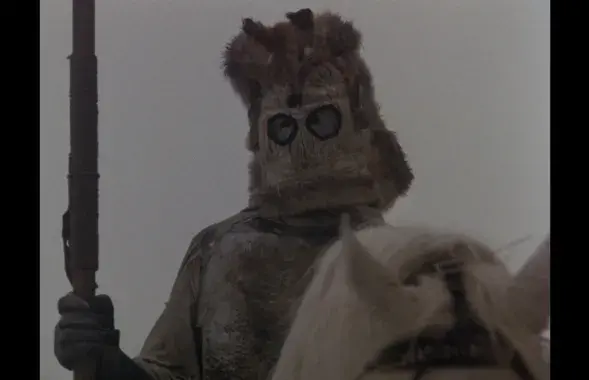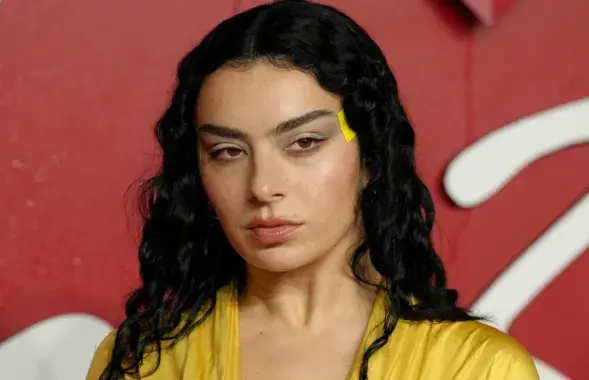Anatol Glaz: "What boycott, from whom?"
The CEC Secretary Lazavik and opposition member Ivashkevich andvise the opposition to boycott election, MP Glaz - to do what they want, Melyantsou - to unite.
The opposition will either boycott the elections, participate in the electoral campaign to the end or withdraw their candidates. What is the least favorable option for the government, and what - for the opposition?
According to Deputy Chairman of the Commission on Human Rights and Media of the House of Representatives Anatol Glaz, the government does not see any threat in any of the three tactics. And in the first place – it is not afraid of the boycott.
Anatol Glaz: "What boycott, from whom? There are, to put it politely, some five hundred of them there. Well, a boycott ... But what boycott? If four people, or three, or five are registered in a certain electoral district, so, let one of them go for boycott! What's then? When one of the four candidates withdraws, what is going to happen? Nothing!"
The MP is convinced that the authorities are indifferent to the tactics to go
to the end as well, just because the people would not vote.
Anatol
Glaz: "The first question the
people are going to ask: "Where do you work?" - "Nowhere."
- "What do you do for living?" For example, a tie which a candidate
is wearing is way more expensive than mine! If my tie is a rouble, his one is
10. And secondly, they don't have a program which would be more attractive that
the one presented by the authorities at the moment!"
Victar
Ivashkevich disagrees
with the MP. The politician is convinced: this is the boycott that fears the
authorities. Like, if it is impossible to count the votes, it is quite possible
to watch the voters' turnout.
Victar
Ivashkevich: "When we announce
the "Boycott" campaign the authorities start resisting. They will
force the citizens who never go to elections, to vote. This is a
conflict. The greater the conflict is on the citizens-government line -
the better! The boycott situation creates the base for this conflict."
The politician claims that the boycott is favourable in terms of creating a
positive image of the opposition. The arguments on "to convey our
position" or "we come to urge not to vote" will not work.
Victar
Ivashkevich: "There are suspicions that
in fact there is a struggle not for political change of power, but for some
private interests of small groups of people. Maybe because the grants are
given, maybe they depend on the regime personally, or have some
interests".
As for the Central Elections Commission Secretary Mikalaj Lazavik...
he also urges the opposition to boycott the election!
Mikalaj
Lazavik: "The best scenario is the
total boycott – this means less work for us!"
The official does not care how the opposition is going to act as the election
will not be recognized by the international community in any case.
Political scientist Dzyanis Melyantsou is sure that both boycott of the election by the opposition and participation to the end may be dangerous for the authorities. The main thing is to act as a united front.
Dzyanis Melyantsou:"It doesn’t matter what strategy they will choose! If this is a boycott, it should be a massive, total boycott to be disadvantageous to the government. All parties and public organizations should be engaged in a general boycott then. Participation in the election to the end, without withdrawals - this option can also be bad for the authorities if the whole opposition goes by one platform with two or three, but common messages."
The political scientist believes that the best strategy for the opposition is to participate in the election till the end. Not only to use the election campaign in their favor, but to convey the names of their activists to people, in the written form in the ballots, as they are remembered better this way. As for the variant with withdrawal of candidates, the political scientist did not even want to discuss it as not worthy of attention.
Photo: http://fota.bymedia.net/















